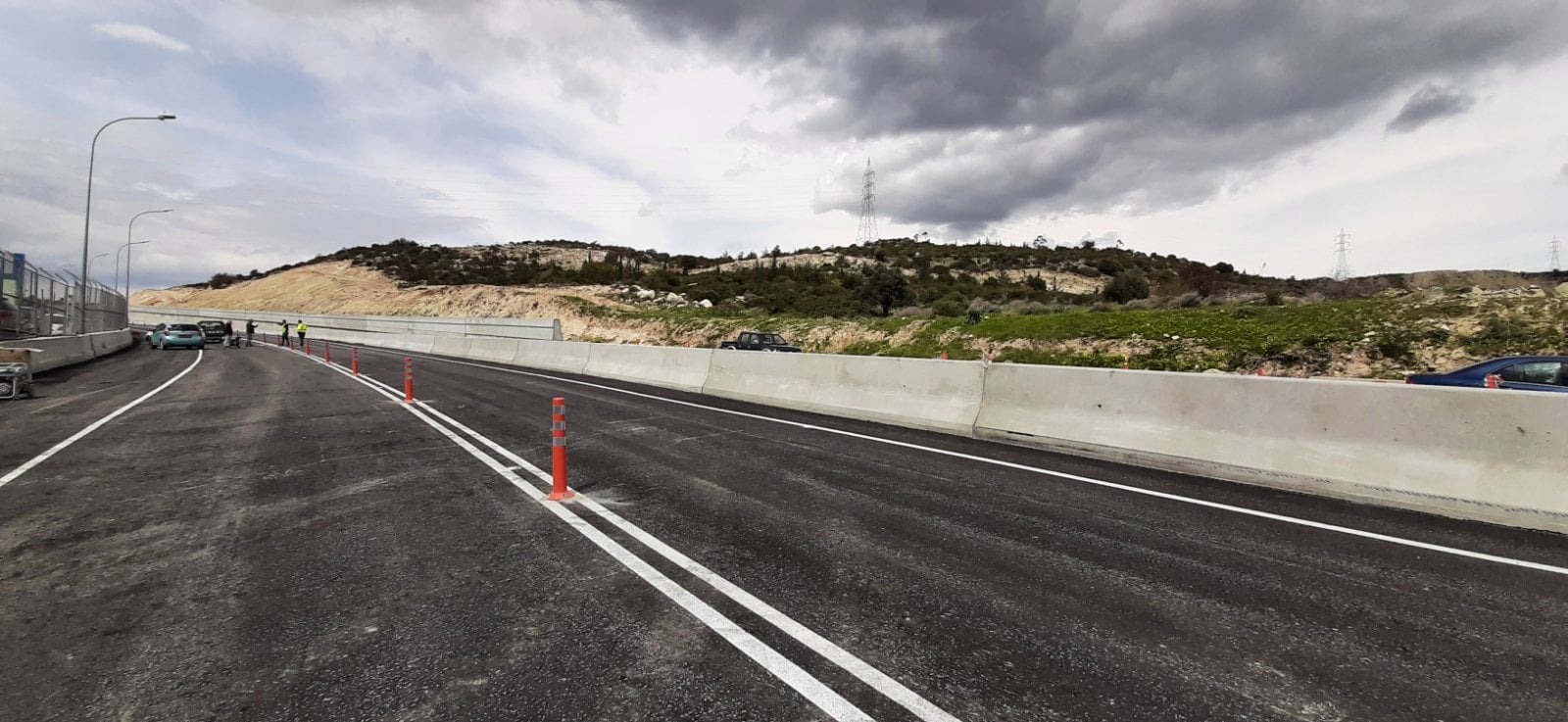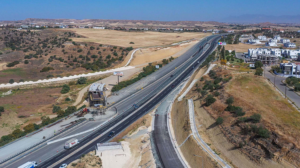Similarly, for surface water bodies, no measures are in place to address diffuse pollution from aquaculture, urban run-off, discharges not connected to sewerage network, physical alteration of channel/bed/riparian area/shore, despite these pressures being reported as causing water bodies to fail to be in good status.
Cyprus has some problems with nitrate levels from agricultural sources. Around 17 % of the groundwater monitoring sites were affected (nitrates concentrations above 25 mg/l) by pollution in 2012-2015. Only around 8 % of the territory under government control is identified as a nitrate vulnerable zone and subject to mandatory pollution control measures.
Out of Cyprus’ 113 bathing waters, 97.3 % were of excellent quality, 0.9 % of good quality and 0 % of sufficient quality (compared to 99.1 %, 0 % and 0 % respectively in 2016). There was no bathing water of poor quality in Cyprus in 2017.
Regarding Cyprus’ compliance with the Urban Waste Water Treatment Directive, the latest report revealed that around 35 agglomerations were non-compliant. The Commission therefore launched an infringement procedure, which is still open.
Looking ahead it listed the following priorities:
- Take steps in order to better determine the quantitative status of water bodies in accordance with the Water Framework Directive and reduce the over-abstraction of groundwater, including addressing unregulated self-abstractions and permits, which is insufficiently aligned with environmental requirements
- Monitor changes in water quality, and review (or revise, if necessary) the nitrate vulnerable zones and the related measures in the action programme.
- Ensure that all the wastewater collected is treated according to the secondary treatment requirements.
- Take steps to systematically consider opportunities to implement nature based solutions to support the reduction of flood risk
















